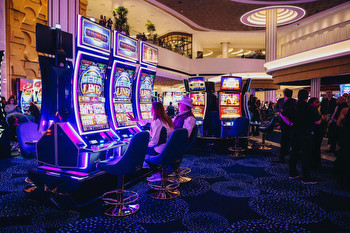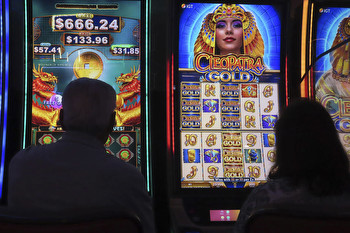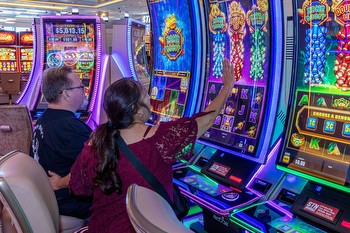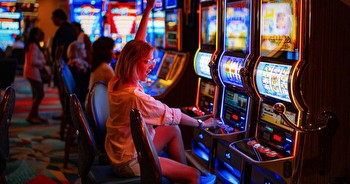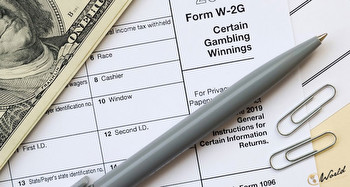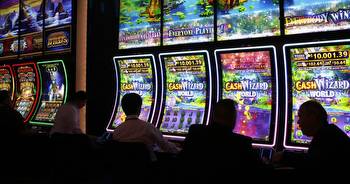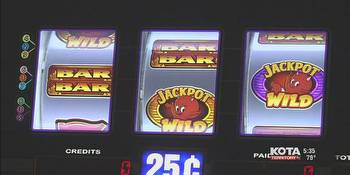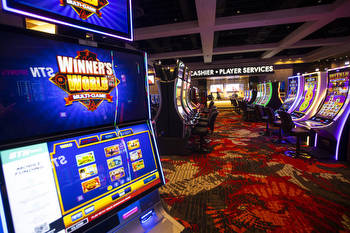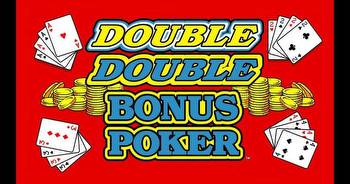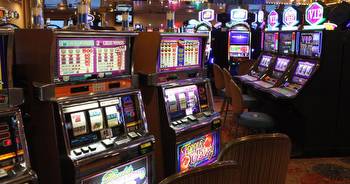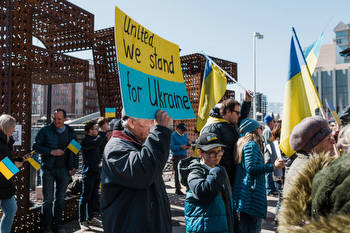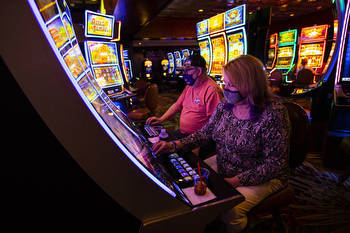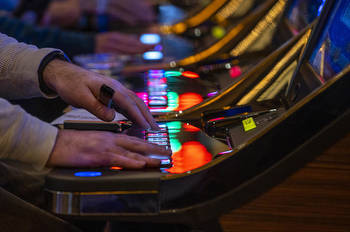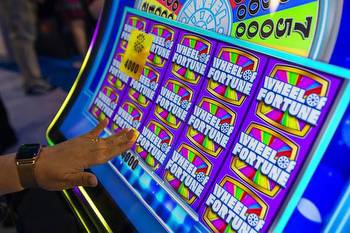Updating jackpot threshold would be a win-win

A proposal to raise the threshold at which gamblers must report their slot winnings isn’t going to make or break Las Vegas, but it would offer a bit of help for the Nevada economy at a time when we really need it.
Gaming industry experts say they’re optimistic that Congress will act soon on the proposal, which would increase the current level of $1,200 at which wins must be reported to the Internal Revenue Service.
What would it mean for gaming establishments? Less time spent doing paperwork, less downtime for the machines and less risk of coronavirus transmission due to decreased face-to-face time between staff and patrons.
Currently, when someone hits a jackpot of $1,200 or more, the machine is turned off while staffers get a player’s Social Security number, prepare a W-2G form and get the player’s signature.
Is this a major inconvenience? Not really, but bumping up the threshold — to, say, $5,000 — would cut down on the time and hassle of filling out paperwork, while also reducing offline time for gaming devices. Payouts of $5,000 or more occur far less often than $1,200 wins, after all.
Plus, the current level is outdated. When it was established in 1977, $1,200 was a lot more money than it is today. In fact, it was a month’s pay: The median income household in America at the time was about $13,500, according to the U.S. Census Bureau. Now the median income is $68,703.
Adjusted for inflation, $1,200 in 1977 calculates to about $5,300 today. So an increase to $5,000 would be appropriate.
Let’s be clear, too, that it wouldn’t make or break the federal budget either. Yes, it would reduce tax revenue — exactly how much has yet to be estimated — but it would also reduce the amount of IRS staff time needed to process all of those W-2Gs from $1,200 payouts.
Experts from the American Gaming Association and elsewhere say they believe Congress is supporting the increase and will include a Treasury Department review of the proposal as part of a year-end spending bill. Under that action, the Treasury Department would be expected to report back to Congress in 90 days about the fiscal impact of the proposal.
Gaming lobbyists and Nevada congressional delegates have been advocating for the increase for years. Here’s hoping the time has finally come. It wouldn’t be a windfall for Southern Nevada, but it would give us a small boost in overcoming the pandemic and getting our economy back on stable footing.








